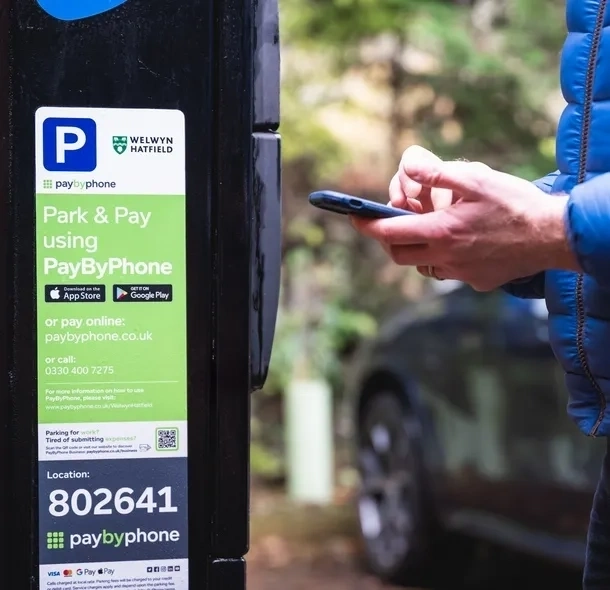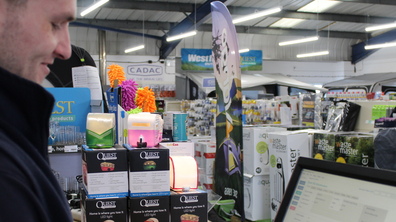
Customer needs
- Accept alternative payment methods
- The latest payments security
- In-depth, real-time reporting
- Acquiring and gateway combined
Elavon solutions
- Digital wallets, especially Apple Pay
- 3-D Secure version 2 for safe online payments
- Elavon Connect
- One point of contact for online gateway and acquiring
The results
- Catering to Gen Z's preferred payment methods
- Secure online and in-app payments
- Data-driven decisions
- Payments partnership with a relationship manager
By Emma Sheppard
Katy Mitchell didn’t ever imagine she’d buy a laundry company. So, in June 2019, when she took control of the keys and cash boxes for 270 student laundry facilities around the UK, she could be forgiven for wondering what she’d just done. Fast forward five years and she’s doubled the turnover of the business, built a team of 25, and been named Laundry Solutions MD of the Year in SME News' Managing Director of the Year Awards 2024.
“It was a complete surprise,” she says of the award. “And absolutely brilliant to have some recognition – as a small business manager you’re so far away from being on a Forbes list or on the front page of MoneyWeek. We’re just really proud of what we do.”
Mitchell didn’t take the most direct path. As an accountant turned consultant, she had spent most of her career working for global giants such as Virgin Mobile, Vodafone, RBS, Lenovo and BP. But she found herself dissatisfied at being at arm’s length from the nitty gritty of running an actual business. "Every time we executed a deal at RBS, I was a bit bereaved. The management team of the business we were funding would go off and make plans, while we’d be onto the next project.”
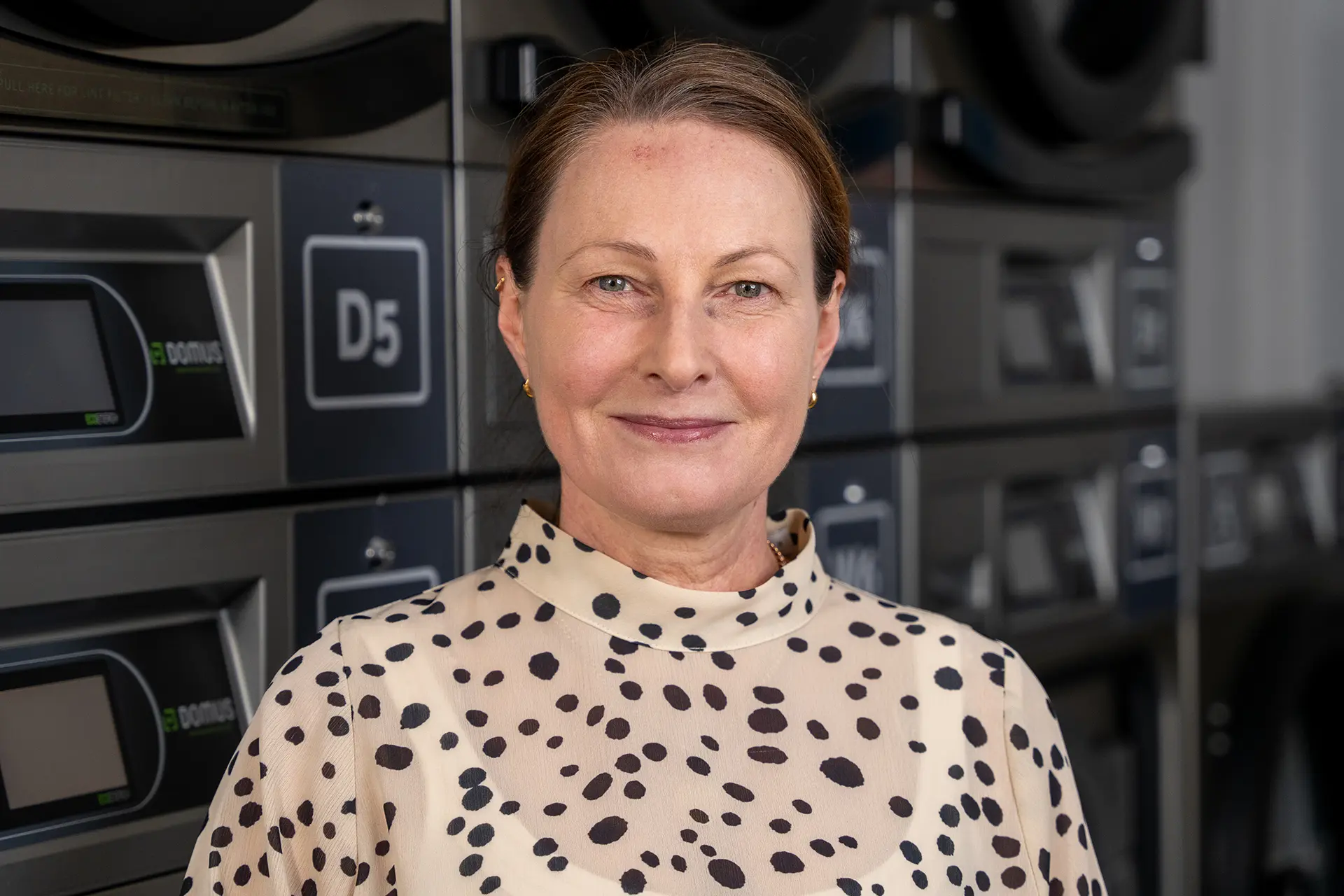
Acquiring Washstation
After leaving RBS and establishing herself as a consultant, primarily for SMEs, Mitchell started working with Alistair Copley, the founder of Washstation. That would continue for the next seven years, as she helped him prepare the business for exit. “I fell in love with the business a bit. When I sold it for him in 2017, I would have loved to have bought it,” she says. “Instead, Alistair went off in his direction to do his thing, and I started working with other businesses.”
Mitchell got her chance to right that wrong a year later when the Competition and Markets Authority (CMA) declared that the acquisition of Washstation by its purchasers, JLA Group Ltd, was uncompetitive and left other providers at a disadvantage. Both businesses rented out and maintained washing machines and tumble dryers to universities, colleges and accommodation providers for students.
The CMA ordered JLA to sell Washstation to a new owner – one that needed to be approved by the regulator. “That was the opening of a window,” says Mitchell. “I got together with some private equity backers and our bid was approved by the CMA.”
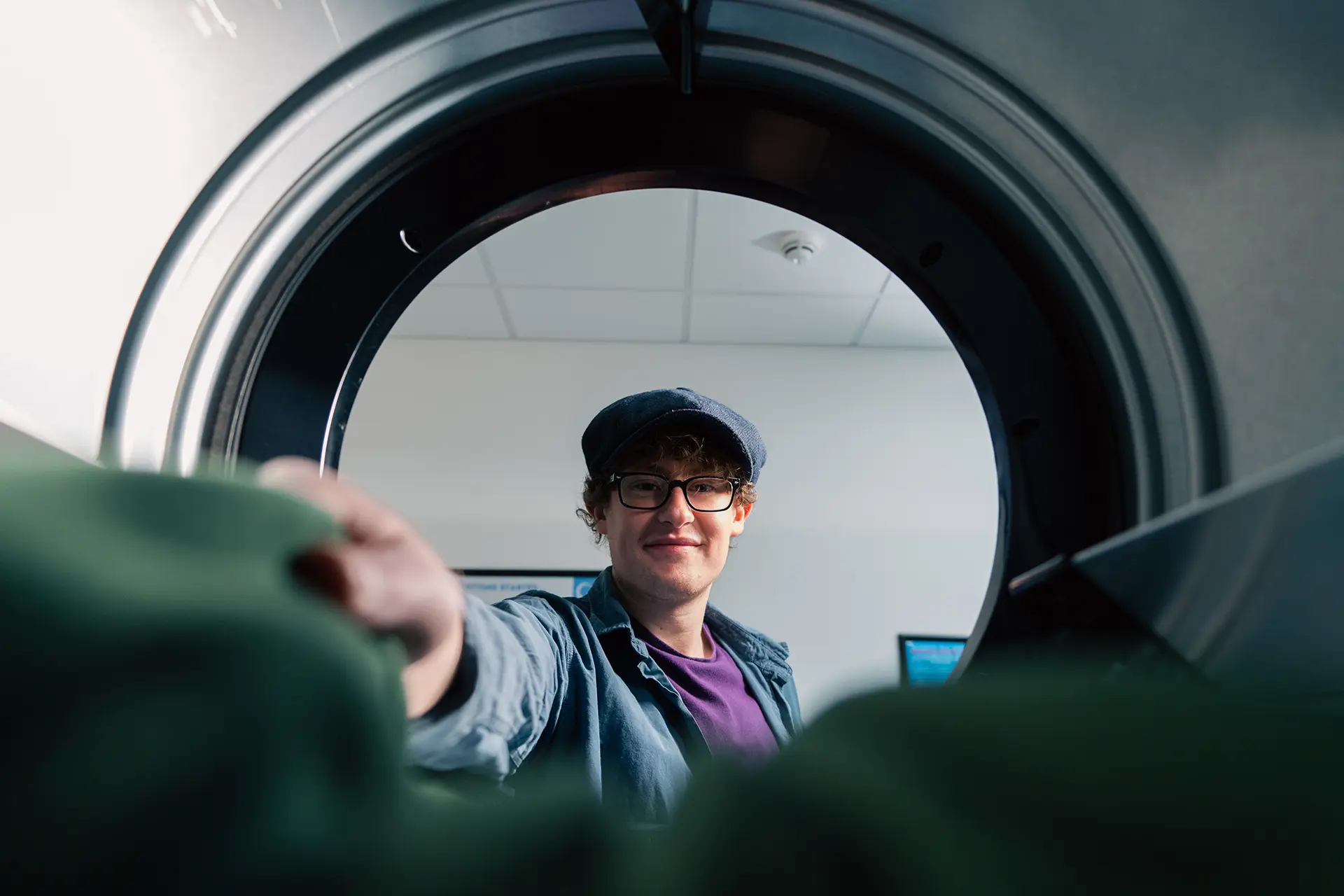
Wash and grow
Since then, Washstation has evolved significantly. Top of the priority list was bolstering the company’s sustainability credentials, and investing in technology so the customer experience was upgraded for a smartphone age. Laundry was a sector that hadn’t been digitised and had a lot of catching up to do, says Mitchell.
“When I lived in London, I used to rent cars on the Zipcar app. I’d find a car, get into the car, leave the car where I was told to leave it, and just walk off. Everything was done on my phone. At the same time, people are still putting coins into laundry machines.”
Payments are one of the most frequent interactions businesses have with their customers. It is imperative that payment technology is seamless and flexible, so customers can use their preferred method. When there are issues, good customer support is paramount. One survey by the open banking platform Tink found that 88% of UK customers are prepared to abandon a transaction if faced with friction, and 77% expect payments to be instantaneous. Almost two thirds (63%) of those aged 18-34 expect to be able to pay for everything on their mobile phones.
From cash to digital
One of the first things Mitchell and the team did was to pivot away from accepting cash. They also abandoned Washstation’s laundry cards that users had to top up before they could use the machines. By January 2020, the company had its own app through which students could pay, as well as adding functionality such as the ability to remotely reserve a machine.
The business also moved to a new gateway payment provider that could accept mobile payments and waited patiently for additional and much-needed functionality to be introduced – but it never came. “The level of account management we were getting wasn’t great,” says Mitchell. “It was hard to find the person who was responsible for you and get an answer on things.”
So, Mitchell’s team decided to switch back to Elavon, a payments provider they had been with previously, and they’ve been impressed by the difference. A subsidiary of U.S. Bank, Elavon has been working in payment processing for more than 30 years and has more than two million business customers across 36 countries, of all sizes and in all sectors. It processes more than six billion transactions, worth almost $550 billion (€532 billion), every year.
“The Elavon pricing structure is more competitive and we have named account managers that are so responsive,” Mitchell says. “They seem to have their hands on the right information at the right time. I can’t find fault with them.”
Payments innovation
Elavon has also been open to innovation, which has allowed Mitchell and her team to explore more capabilities. “Customers don’t have any idea how their payments are getting processed, but one of the amazing things we’ve been able to do is automate refunds. Elavon has some really smart people, and have been so amenable to some of the creative things we’ve wanted to do. They've worked with our development team to make that happen.”
As for what the future holds, Mitchell says there are plans in the pipeline to expand into the leisure sector, such as campsites and holiday resorts. But above all, she’s focused on making Washstation’s customer experience the best it can be. “There’s nothing more satisfying than knowing that the service that you’re providing is as frictionless as possible.”
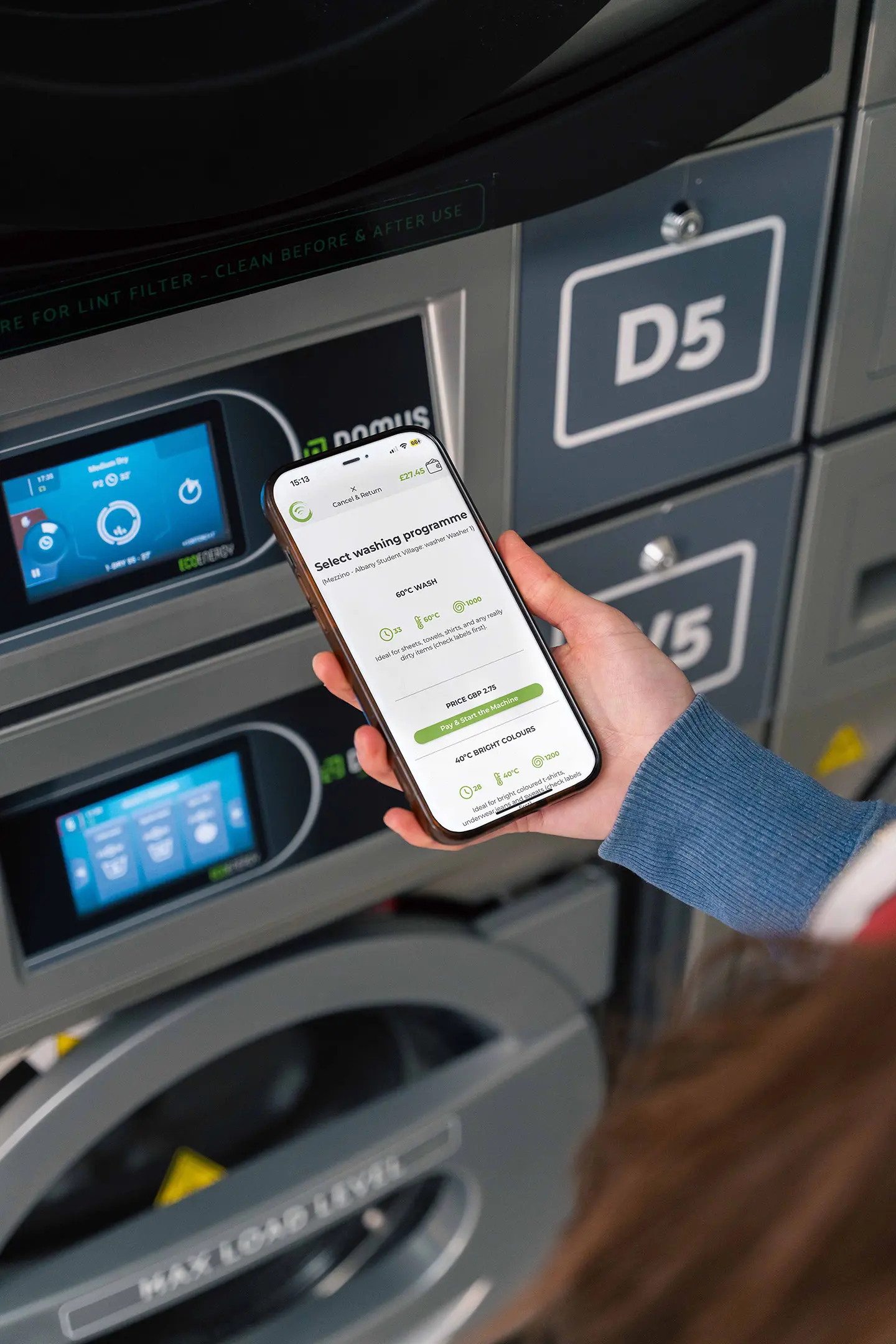
Key benefits
- Accept alternative payment methods so customers can pay how they like – and you never miss a sale
- Gateway provider and acquirer in one makes dealing with payments a breeze
- First-class customer support to help you every step of the way
- In-depth reporting with Elavon Connect to help you better understand your customers and make informed, agile business decisions
- Payments solutions tailored for your business needs and your customer preferences
Whether you trade exclusively online or your bricks-and-mortar store needs an online payment gateway, learn more about our secure systems tailored for ecommerce businesses.




